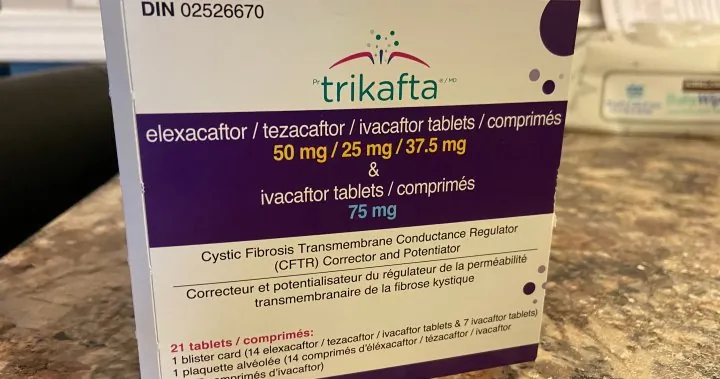
Dementia Care Redefined: Why Patients Deserve More Than Just Games and Colored Balls
2024-11-26
Author: Emily
In a recent meeting with the new Chief Executive Officer (CEO) of a dementia care facility, a familiar disappointment set in regarding the standards of care for individuals living with dementia. The meeting kicked off in an intimate setting—a small room adorned with delicate China cups and a teapot, accompanied by a plate of tiny madeleine cookies. The CEO, eager to impress, showcased his extensive experience in geriatric care and his profound enthusiasm for his new role. However, the most pressing concern remained: are we truly advancing the quality of life for our loved ones facing dementia?
As I accompanied a friend whose mother has dementia, I couldn’t help but recall my own experiences navigating the complex world of long-term care for my father, who suffered from dementia for over a decade. It’s difficult to forget the frustration and sorrow of watching him endure a lack of fulfilling engagement while we battled the establishment over even the smallest quality-of-life issues.
While my friend felt assured with the care her mother received, acknowledging the compassion shown by the staff, she also recognized a significant gap in their approach— a lack of purposeful activities that would allow residents to feel valued and engaged. Despite her mother's cognitive challenges, her ability to solve complex scientific equations remained tantalizingly intact. Watching television for hours on end does not equate to a life filled with purpose or satisfaction.
During the meeting, we advocated for fresh perspectives on dementia care that reflected our advancing understanding of the disease. We shared insights about transformative practices in dementia care facilities, such as Chiang Mai in Thailand, designed to resemble a resort, allowing residents to thrive in a stimulating environment. The esteemed Village Langley in British Columbia also emerged as a shining example, offering a real woodworking shop and a general store where residents could engage in day-to-day activities, contributing to their community.
When my friend proposed that her mother could assist with simple tasks, such as delivering mail or helping in the kitchen, the CEO's response was initially encouraging. Yet, as he excitedly detailed plans to introduce “stimulating” activities—which consisted of matching colored balls to drawn circles—it became evident that this approach fell woefully short of our expectations.
While games certainly play a role in cognitive support, they should complement more meaningful engagement strategies. Research has illuminated that “serious games” designed for dementia patients not only maintain cognition but also alleviate depression. Picture board games that foster interaction or virtual reality experiences that let residents navigate daily tasks—these are the innovative, provider-led changes that can breathe life into otherwise stagnant routines.
Compounding our concerns, the CEO mentioned plans for creating an advisory council for the families and caregivers—an admirable idea, but one that begs the question: how meaningful will these discussions be if fundamental aspects of care remain unchanged? His proposed meal plan overhaul to implement the MIND diet also left us skeptical. While it aims to prevent cognitive decline, the actual benefits for those already affected by dementia question the focus and intent behind such initiatives.
As we left the meeting, the atmosphere shifted from cautious optimism to a shared disappointment. The need for innovative, personalized, and evidence-based care is more pressing than ever. Care for those with dementia must extend beyond the confines of simple games and old standards—a true person-centered approach is crucial to restoring the dignity and quality of life that these individuals rightfully deserve.
Emphasizing the need for comprehensive resource allocation and innovative engagement methods could potentially transform care standards in dementia facilities, ultimately providing a more fulfilling environment for residents and peace of mind for their families. Unless this paradigm shifts, the broader conversation about enhanced, compassionate care will continue to falter, leaving too many vulnerable individuals hanging in the balance.









 Brasil (PT)
Brasil (PT)
 Canada (EN)
Canada (EN)
 Chile (ES)
Chile (ES)
 España (ES)
España (ES)
 France (FR)
France (FR)
 Hong Kong (EN)
Hong Kong (EN)
 Italia (IT)
Italia (IT)
 日本 (JA)
日本 (JA)
 Magyarország (HU)
Magyarország (HU)
 Norge (NO)
Norge (NO)
 Polska (PL)
Polska (PL)
 Schweiz (DE)
Schweiz (DE)
 Singapore (EN)
Singapore (EN)
 Sverige (SV)
Sverige (SV)
 Suomi (FI)
Suomi (FI)
 Türkiye (TR)
Türkiye (TR)